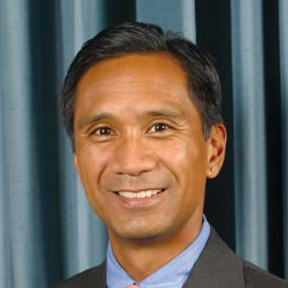The continuing WikiLeaks controversy has focused needed attention on a number of important issues: whether, for example, Julian Assange was justified in releasing classified information in order to make government more accountable, whether the release of the information put U.S. intelligence sources and methods at risk, and whether the legitimate need for secrecy in certain government activities occasionally provides cover for government activities that public officials would have trouble justifying if they took place in the open.
Somewhat lost in the shuffle is the question of how and why the alleged leaker, Army Private Bradley Manning, could have access to so much classified information.
Part of the answer lies in the post-9/11 belief that more information shared between government intelligence agencies, federal, state, and local law enforcement, and even the military could have averted that fateful day.
So the mantra of controlling classified information shifted from “need to know” to “need to share.” The result is that a lowly private with a “top-secret” clearance had access to the Department of Defense’s computer network for top-secret information, known as the Joint Worldwide Intelligence Communications System (JWICS), and the Pentagon’s server for such information, the Secure Internet Protocol Router Network (SIPRNet). That access gave him entry into a State Department network called ClassNet, which in turn gave him access to diplomatic cables.
To be sure, there is a real need for government officials at all levels to share intelligence so terrorist plots can be disrupted before they materialize into actual attacks.
But “need to share” is not the same thing as granting everyone with a top-secret clearance access to everything.
Rather than allowing individuals such as Pvt. Manning to be able to “pull” whatever information they want at will, information needs to be “pushed” by those that have the information to those who need it. Presumably, those parties will have made the decision to exchange information beforehand so both parties know what kind of information is being shared and why.
But the real hidden lesson of Pvt. Manning and WikiLeaks is the false belief that the tragedy of September 11, 2001 could have been prevented had our intelligence community not suffered a communication breakdown, and that broad information sharing will prevent future terrorist attacks. That’s not the source of our problem—any more than more security is the answer.
The harsh reality is that as long as our terrorist adversaries are willing to try to attack us, they will eventually succeed. So we need to understand the root causes of their hatred and how they are able to motivate and recruit those who would attack us.
The one cause we continue to ignore (and we don’t need WikiLeaks to tell us about because it’s not a secret) is America’s interventionist foreign policy, especially the stationing of U.S. military forces in Muslim countries. That is an act of war in the minds of many Muslims.
According to Secretary of State Hillary Clinton, WikiLeaks is “an attack on America’s foreign policy interests.” The sad truth is that U.S. foreign policy isn’t necessarily in America’s best interests.







